Urgent
Abdullah bin Zayed meets UN High Commissioner for Refugees
 Saqr Ghobash attends Serbia National Day reception in Abu Dhabi
Saqr Ghobash attends Serbia National Day reception in Abu Dhabi
 UAE condemns attack targeting airport in Niger
UAE condemns attack targeting airport in Niger
 Gold, silver fall as dollar strengthens amid broad market sell-off
Gold, silver fall as dollar strengthens amid broad market sell-off
 NMDC Group’s net profits surge 29% y-o-y to surpass AED4.0 billion mark for first time
NMDC Group’s net profits surge 29% y-o-y to surpass AED4.0 billion mark for first time
 UN warns of growing, more complex Daesh threat worldwide
UN warns of growing, more complex Daesh threat worldwide
 Sultan bin Ahmed attends closing ceremony of Xposure’s 10th edition
Sultan bin Ahmed attends closing ceremony of Xposure’s 10th edition
 UAE joins UN independent scientific panel on AI
UAE joins UN independent scientific panel on AI

 Saqr Ghobash attends Serbia National Day reception in Abu Dhabi
Saqr Ghobash attends Serbia National Day reception in Abu Dhabi
 UAE condemns attack targeting airport in Niger
UAE condemns attack targeting airport in Niger
 Gold, silver fall as dollar strengthens amid broad market sell-off
Gold, silver fall as dollar strengthens amid broad market sell-off
 NMDC Group’s net profits surge 29% y-o-y to surpass AED4.0 billion mark for first time
NMDC Group’s net profits surge 29% y-o-y to surpass AED4.0 billion mark for first time
 UN warns of growing, more complex Daesh threat worldwide
UN warns of growing, more complex Daesh threat worldwide
 Sultan bin Ahmed attends closing ceremony of Xposure’s 10th edition
Sultan bin Ahmed attends closing ceremony of Xposure’s 10th edition
 UAE joins UN independent scientific panel on AI
UAE joins UN independent scientific panel on AI



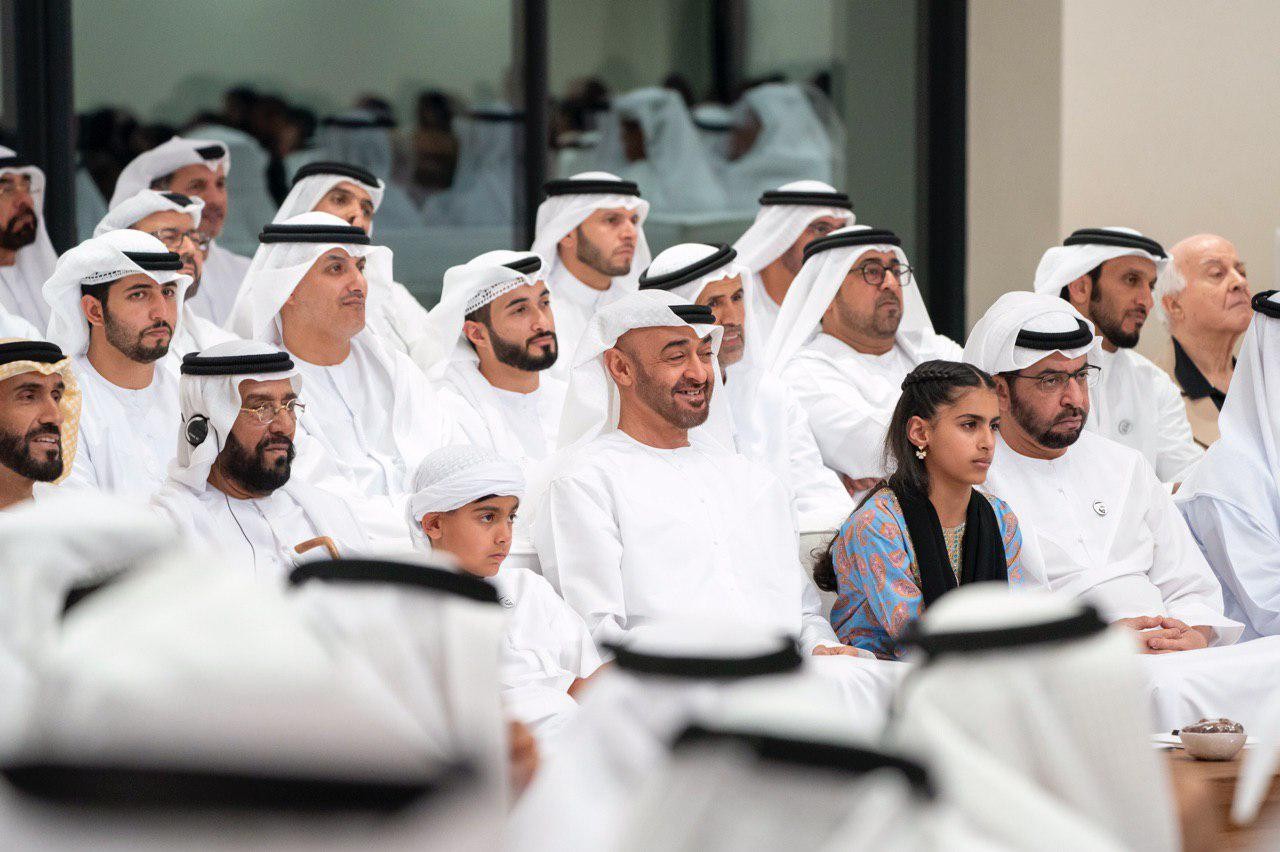













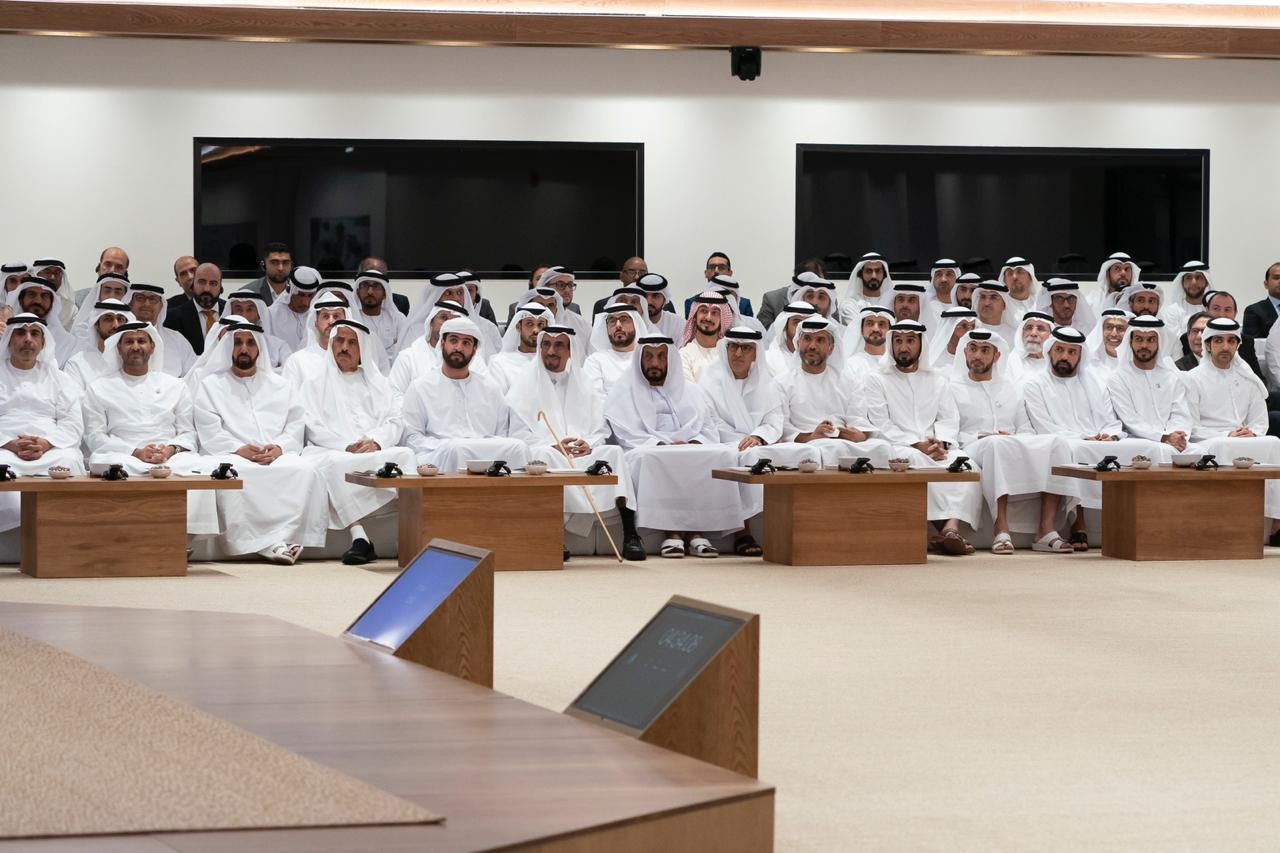
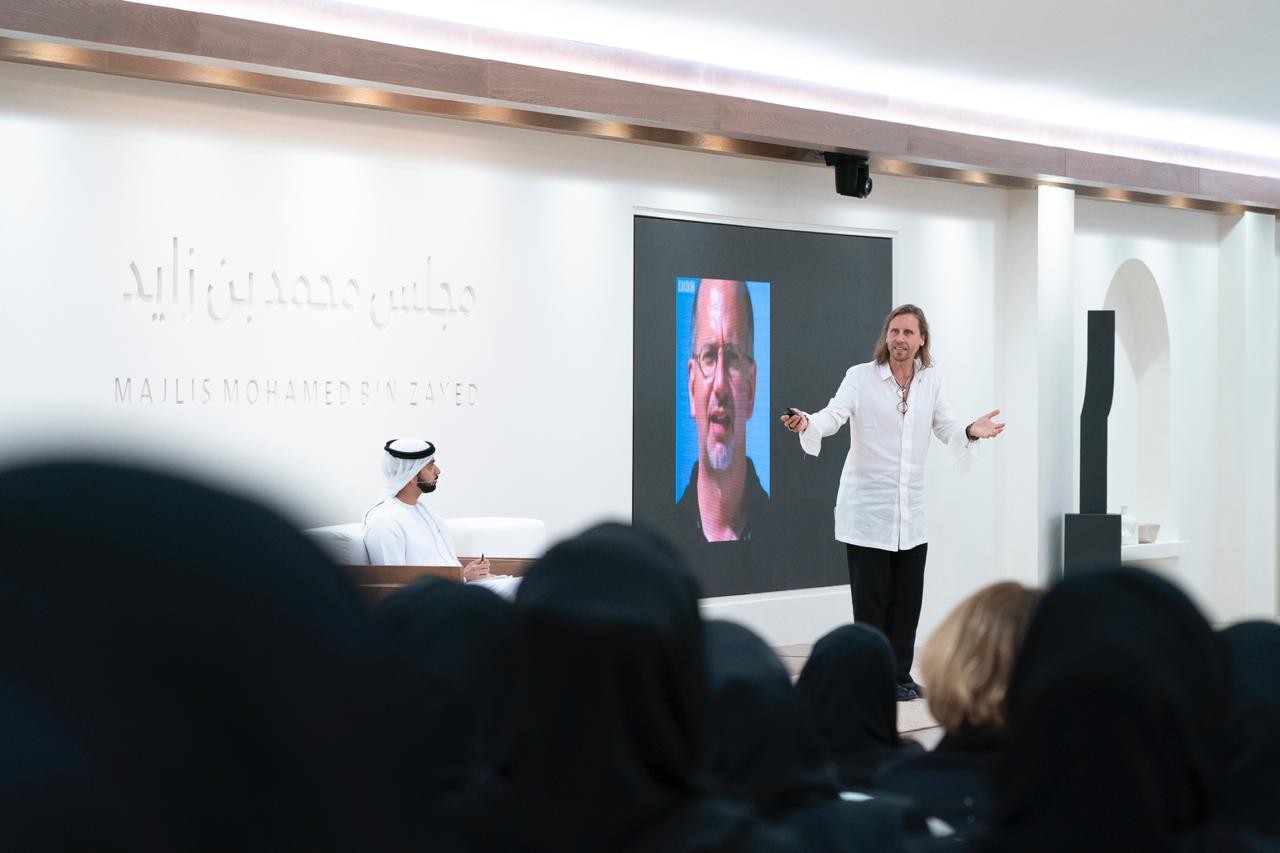



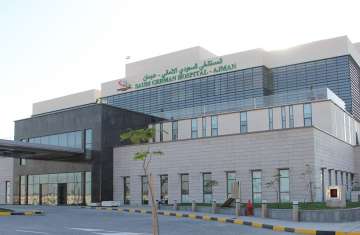
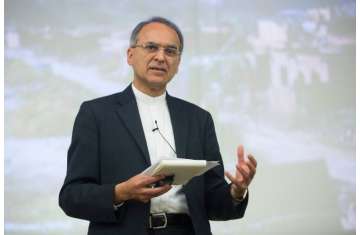
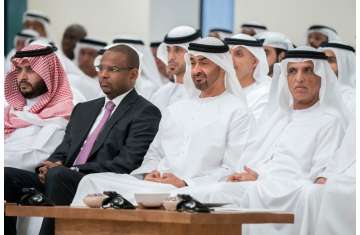
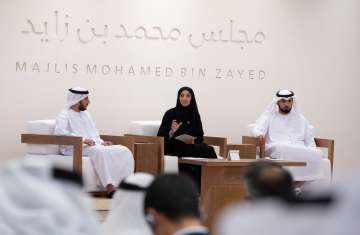
Comments